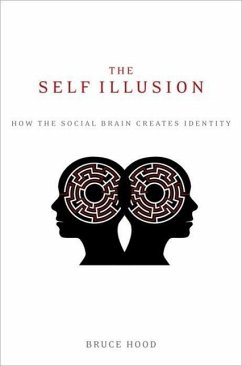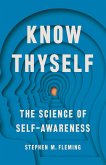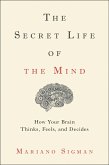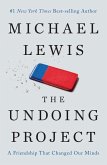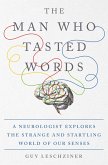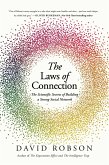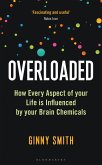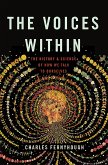The Self Illusion explores where the self comes from, why we have it, why it is incoherent, and why research in neuroscience has shown it to be fundamentally- an illusion. By revealing the developmental origins of the self in early childhood, Bruce Hood shows what this means in our daily lives because just about all our behaviors and attitudes that make us human are dependent on the notion of there being a self in control of our thoughts and actions. The book explains in simple terms how the architecture of the developing brain enables us to become social animals dependent on each other and how the self is actually constructed by our relationships and interactions with others. Though the self is just an illusion, the author argues it is one that we humans cannot live without.

